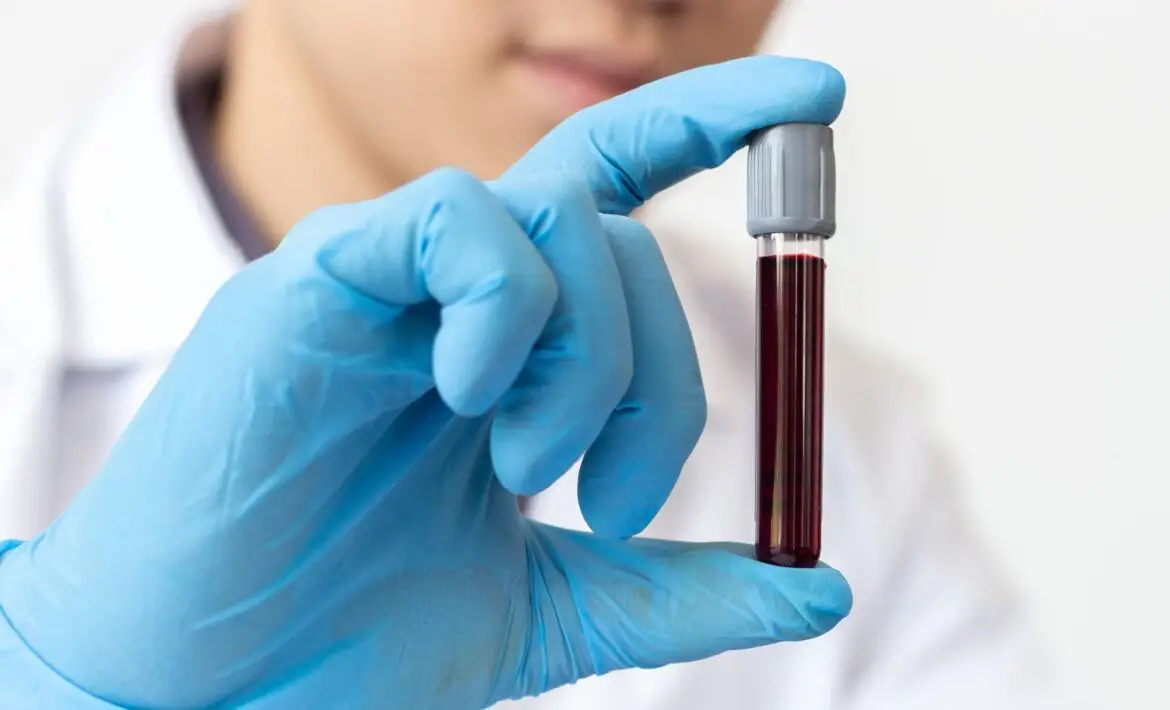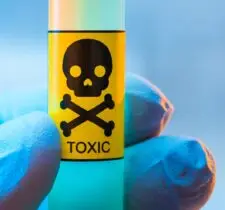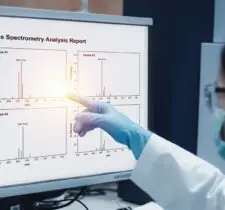Forensic toxicology, a pivotal field within forensic science, is crucial in detecting and interpreting drugs and poisons in bodily fluids and tissues. The integrity and reliability of its results are important not just for criminal investigations but also for public health and safety. This underscores the significance of standards of practice, which ensure that the methods and processes used in forensic toxicology are consistent, reliable, and scientifically valid. Notably, the standards set by the Academy Standards Board (ASB) and recognized by the Organization of Scientific Area Committee for the Forensic Sciences (OSAC) are renowned for their comprehensiveness and rigor.
Understanding Forensic Toxicology Standards
Forensic toxicology involves complex, sophisticated analytical techniques and has potential legal and ethical implications. Therefore, the accuracy and reliability of its results are of utmost importance. This is where forensic toxicology standards of practice step in, providing a framework that helps laboratories maintain high quality and integrity in their work. These standards cover various aspects, including:
- Method Validation: This component of forensic toxicology standards ensures that analytical methods produce reliable, reproducible results and are appropriate for their intended use. It also plays a crucial role in identifying limitations in the method’s use, thereby enhancing the accuracy and reliability of the results.
- Quality Control: After validation, quality control serves as a means for ongoing monitoring of the accuracy and precision of analytical procedures.
- Proficiency Testing: A crucial aspect of forensic toxicology standards, it involves regularly testing the capabilities of laboratories and analysts to ensure they can produce accurate results. What’s more, these tests are often administered and evaluated by independent bodies outside the laboratory, ensuring the objectivity and reliability of the results.
- Documentation and Reporting: Comprehensive record-keeping of methods, results, and interpretations is vital to ensuring transparency and accountability. Reporting must be accurate, unambiguous, and objective.
- Expert Testimony and Opinions: A forensic toxicologist is often asked to opine on matters such as levels of impairment, the role of drugs or poisons in death, or the limitations of analytical results. These opinions must be truthful, objective, based upon the facts and data in the case, and supportable within the scientific community.
The Role of the Academy Standards Board (ASB)
Under the American Academy of Forensic Sciences (AAFS), the ASB develops and promulgates standards and guidelines specifically for the forensic sciences. Their work is crucial in fostering uniformity and excellence across the field. ASB standards for forensic toxicology are consensus-based and cover many practices, ensuring that laboratories operate with the highest scientific rigor.
Key ASB Standards for Forensic Toxicology
ANSI/ASB Standard 017: Traceability is the ability to trace a measurement’s results to an internationally accepted reference standard through an unbroken chain of comparisons. This standard details the minimum requirements for establishing and maintaining metrological traceability, including using reference materials, calibration procedures, and documentation in forensic toxicology laboratories.
ANSI/ASB Standard 036: This standard outlines requirements for validating analytical methods used in forensic toxicology. It provides detailed instructions for demonstrating that a method is suitable for its intended purpose, covering aspects like accuracy, precision, specificity, sensitivity, and robustness.
ANSI/ASB Best Practice 037: This best practices document provides guidelines for forensic toxicologists when providing expert opinions and testimony in legal proceedings. The standard outlines the requirements for ensuring that opinions and testimony are based on scientific principles, objective, and communicated clearly and understandably.
ANSI/ASB Standard 054: This standard outlines the requirements for quality assurance in forensic toxicology laboratories. It emphasizes the importance of regular internal and external audits, proficiency testing, and continuous education for analysts to ensure ongoing competency and adherence to best practices.
ANSI/ASB Standards 119, 120, and 121: This series of standards address appropriate sensitivity for testing within three subdisciplines of forensic toxicology: postmortem toxicology, driving under the influence of drugs (DUID), and drug-facilitated crimes. The documents also set the minimum drugs and metabolites to include in the testing for these subdisciplines.
ANSI/ASB Standard 113: This standard provides a framework for accurately identifying drugs, poisons, and metabolites in forensic toxicology by assigning points based on a validated analytical method’s specificity for a given compound.
ANSI/ASB Standard 153: This standard outlines the requirements for proficiency testing in forensic toxicology. It mandates regular participation, evaluation of the results, and implementation of corrective actions for any discrepant results, thereby ensuring continuous quality improvement and the competence of laboratory personnel.
Importance of Adhering to ASB Standards
Adherence to consensus-based forensic science standards is essential for laboratories to ensure the accuracy, reliability, and credibility of the evidence used in legal proceedings. Further, these standards help:
- Ensure Scientific Integrity: Adherence to ASB standards ensures that forensic toxicology practices are based on scientifically validated methods. This reduces the risk of errors and increases the reliability of results, which is crucial for maintaining the field’s credibility.
- Enhance Legal Robustness: The validity of toxicological evidence can make or break a case in legal contexts. ASB standards provide a benchmark that courts can rely on to determine the admissibility and weight of toxicological evidence. By adhering to these standards, laboratories help ensure their findings are legally defensible.
- Promoting Consistency and Comparability: Forensic toxicology cases may involve comparing laboratory results. ASB standards help harmonize practices across laboratories, making results more consistent and comparable.
- Building Public Trust: Public trust in forensic science is essential. By adhering to consensus-based ASB standards, forensic toxicology laboratories demonstrate their commitment to high-quality, ethical practices. This helps build and maintain public confidence in the integrity of forensic science as a whole.
The Vital Role of the Organization of Scientific Area Committees for the Forensic Sciences (OSAC)
The OSAC, administered by the National Institute of Science and Technology (NIST), plays a significant role in the development of forensic science standards by:
- Drafting Standards: The OSAC subcommittees draft proposed standards on topics lacking detailed direction within forensic science accreditation programs.
- Collaborating with SDOs: The OSAC sends these drafts to Standards Developing Organizations (SDOs), such as the ASB, for further development and publication.
- Promoting Standards: The OSAC reviews and promotes the use of high-quality, technically sound standards throughout the forensic science community.
- Ensuring Reliability: Forensic science standards define minimum requirements, best practices, and protocols to ensure reliable and reproducible forensic analysis results.
- Facilitating Development: OSAC facilitates standards development by involving over 800 volunteer members with expertise in various forensic disciplines.
In summary, OSAC strengthens the nation’s use of forensic science by fostering the creation and adoption of scientifically sound standards.
Conclusion
The standards of practice in forensic toxicology, mainly those drafted by the OSAC and published by the ASB, play a critical role in ensuring reliability, accuracy, and integrity in toxicological analyses. These standards are essential for upholding scientific rigor, enhancing legal robustness, promoting consistency, and building public trust. As forensic toxicology evolves, adherence to these standards will remain crucial in maintaining the highest levels of quality and integrity in the field.
If you need help navigating the vast number of standards within the field of forensic toxicology, contact LeBeau Forensic Toxicology for assistance. As a leader in standards development within the field, Dr. LeBeau is well-positioned to help laboratories and their customers understand the requirements of these standards.





